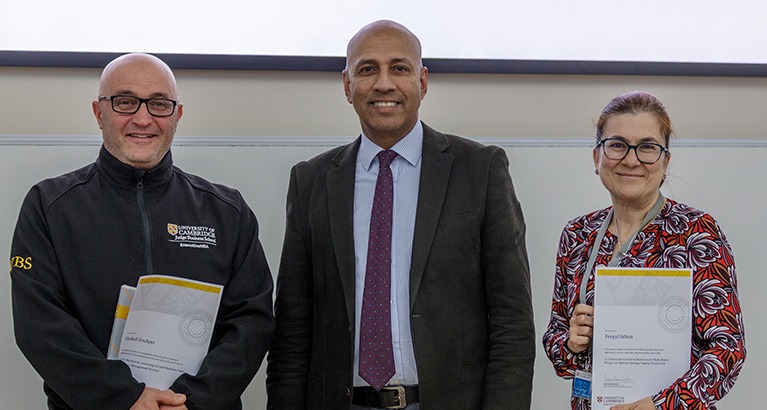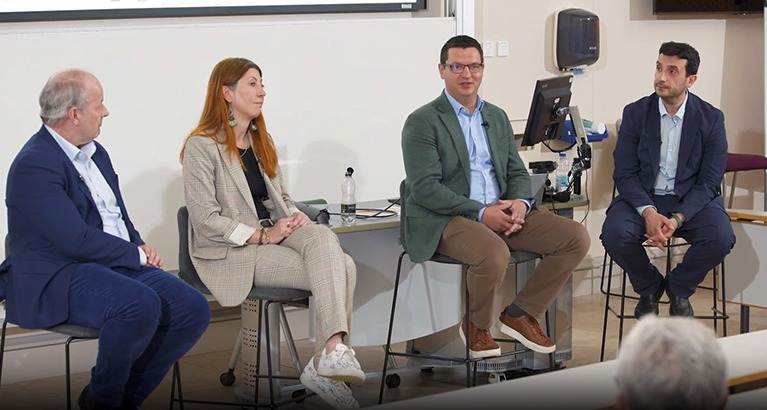Traditionally, clinical trials for new drug approval have been conducted at centralised medical facilities in urban areas. This geographical concentration has made it difficult to recruit participants due to travel and other inconveniences, so pharmaceutical companies have long faced challenges in recruiting enough suitable participants for clinical trials.
Recent studies have shown that while 85% of people say they are willing to participate in clinical research, only a small percentage actually do so. In fact, 37% of clinical research sites face under-enrollment. In addition, these geographical constraints disproportionately affect underprivileged groups. For example, people from lower socioeconomic groups may not be able to take time off work or afford to travel long distances for trial visits. This is particularly true for people with intersecting identities, such as racial minority women.
Conducting drug trials remotely can pose challenges for data quality and safety
The COVID-19 pandemic prompted a move toward more decentralised clinical trials (DCTs), in which participation can be done remotely. DCTs have the potential to increase recruitment and reduce costs, and provide an approach that is gaining interest in the clinical research community. However, there are also challenges associated with DCTs. For example, it can be difficult to ensure the quality of data collected remotely, and it can be challenging to manage patient safety in a decentralised setting.
These potentially conflicting measures beg the following questions: What are the promises and perils of decentralised clinical trials? And how should companies and policymakers approach this nascent but clear shift toward DCTs?
That is the topic of new study co-authored at Cambridge Judge Business School and published in the journal Therapeutic Innovation and Regulatory Science. The study proposes a conceptual framework to assess whether decentralised trials are appropriate based on “pain points” not only for patients but all key stakeholders.
How systems thinking can be used to identify pain points for participants
Systems thinking is a way of understanding how things work by looking at the interconnectedness of all the parts. When one part of a system changes, it can have a ripple effect on other parts of the system.
In the context of clinical trials, systems thinking can be used to understand how DCTs can impact different stakeholders. For example, DCTs can make it easier for patients to participate in trials by eliminating the need to travel to a clinical trial site. However, DCTs can also create new challenges for patients, such as the need to use technology and the need to self-manage their care. In turn, new solutions may need to be introduced to address emerging pain points; for example, discomfort with technology can be alleviated through participant training, round-the-clock support, etc.
The authors of the study urge that the impact of DCTs on stakeholders be evaluated using systems thinking. Systems thinking enables decision-makers to proactively identify and mitigate stakeholder pain points through a cyclical process. This iterative approach not only introduces innovative solutions but also anticipates the emergence of new system demands and challenges that require subsequent attention.
Why moving away from clinical trial centralisation offers opportunities and limitations
Factors to consider in assessing whether DCT is appropriate include advantages such as better recruitment and retention, enhanced access for participants, increased diversity, improved patient engagement, and lower cost. Disadvantages to consider include skepticism in some parts of the pharma industry, potential inequality by excluding populations with less access to communication devices or the Internet, decreased face-to-face interaction with clinical experts, data protection issues, and patient acceptance of monitoring and reporting relevant data.
“If a DCT solution leads to the emergence of more non-actionable pain points than the number of pain points it alleviates, one should be cautious in its steadfast acceptance and implementation,” the study says. “Such an in-depth line of thought can help the industry adopt solutions with higher chances of success and will help create best practices for implementation early on.”
The study – entitled “Applying systems thinking to inform decentralized clinical trial planning and deployment” – is co-authored by Lidia Betcheva, a PhD candidate at Cambridge Judge Business School; Feryal Erhun and Nektarios Oraiopoulos, Professors of Operations & Technology Management at Cambridge Judge Business School and members of the Cambridge Centre for Health Leadership & Enterprise; and Jennifer Y Kim and Kenneth Getz of Tufts Center for the Study of Drug Development at Tufts University in Massachusetts.
The authors recommend further research to quantify the impact of DCT elements on various clinical trial systems. This subsequent research should evaluate the value generated for different stakeholders, such as patients, sponsors, investigators, and regulators. A workshop will be held to kick-start this conversation and continue the essential discussion on DCTs and their role in future clinical trial designs, with further announcements to be made shortly.
Featured faculty
Feryal Erhun
Professor of Operations & Technology Management
Nektarios (Aris) Oraiopoulos
Professor of Operations and Technology Management
Featured research
Betcheva, L., Kim, J.Y., Erhun, F., Oraiopoulos, N., and Getz, K. (2023) “Applying systems thinking to inform decentralized clinical trial planning and deployment.” Therapeutic Innovation and Regulatory Science
Featured student
Lidia Betcheva
PhD Candidate





